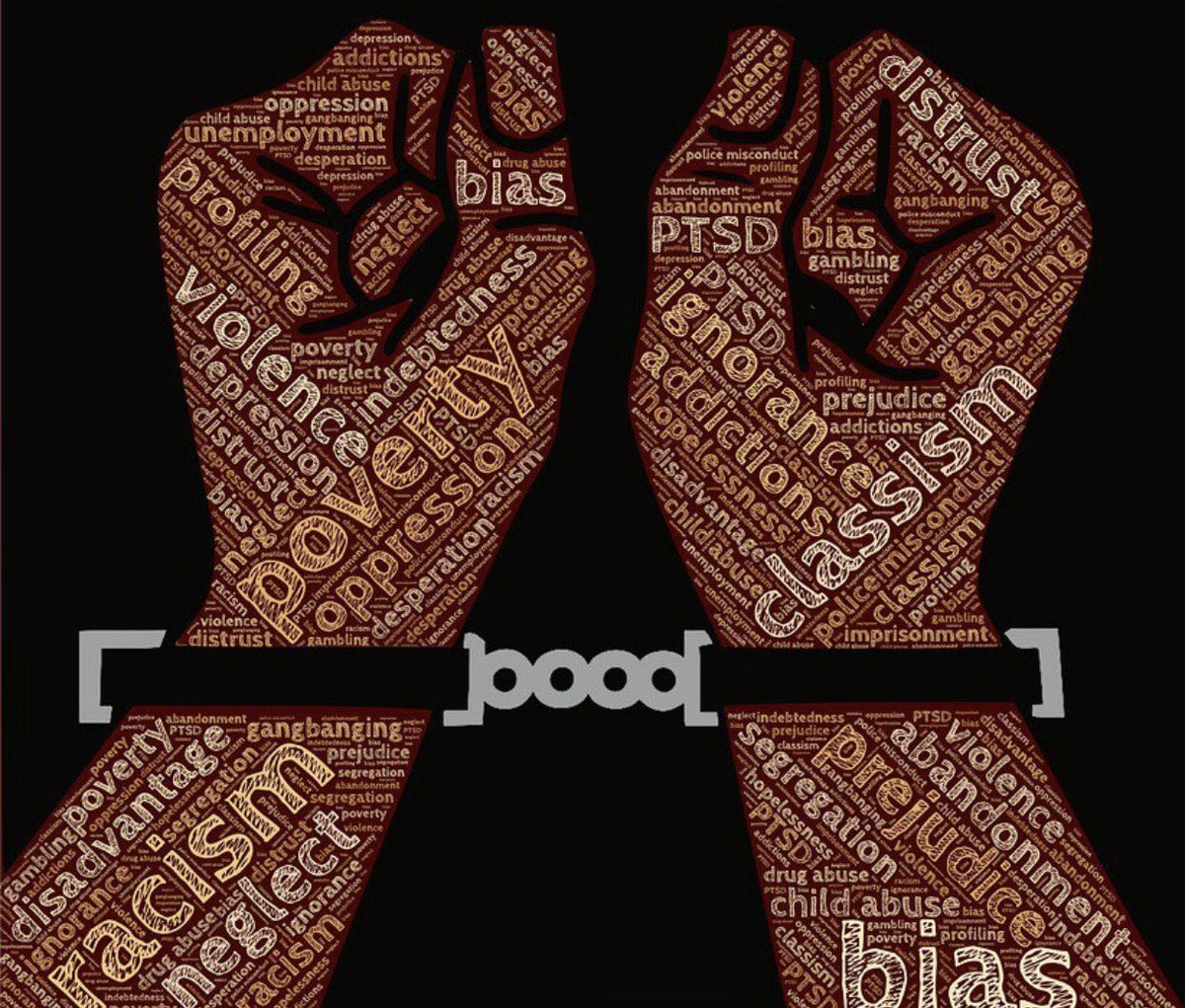In this multi-part series, I provide a dissection of the phenomenon of retention and social promotion. Also, I describe the many different methods that would improve student instruction in classrooms and eliminate the need for retention and social promotion if combined effectively. While reading this series, periodically ask yourself this question: Why are educators, parents and the American public complicit in a practice that does demonstrable harm to children and the competitive future of the country? Students who experience social promotion or retention aren’t the only individuals impacted. Put yourself in the shoes of the students who actually passed and the teachers. If you …
Black Boys in Crisis: “Black People Can’t Be Doctors”
In this series, appropriately titled “Black Boys in Crisis,” I highlight the problems facing black boys in education today, as well as provide clear steps that will lead us out of the crisis. When I was in elementary school (the mid-1980’s) one of my teachers periodically brought professionals from the area to our class to talk about their careers. On one occasion, she brought in a black male doctor from a local hospital. He spoke for about fifteen minutes and then opened up the floor for questions. One of my friends (also a black male) raised his hand. “Are you …
Continue reading “Black Boys in Crisis: “Black People Can’t Be Doctors””
What is Digital Literacy?
Every educator is familiar with the concept of literacy—the ability to read and write. A person who is illiterate, who cannot read or write, will inevitably struggle to get along in society. It’s impossible to go on to higher education or get a high-paying job without the ability to read and write. Even daily tasks, like reading a newspaper or filling out job applications, are difficult for an illiterate person. In today’s world, literacy goes beyond just the basic ability to comprehend text. Today’s students will also need to master a new skill—digital literacy. Cornell University defines digital literacy as …
Does it pay to get a double major in college?
Christos Makridis, Stanford University Students are bombarded with an array of competing opportunities during college, all with the promise that each will lead to a better job or higher earnings upon entering the “real world.” One such option is the double major, in which a student earns two bachelor degrees at once, sometimes in entirely different disciplines. But will doing so lead to a higher-paying job? Is it worth the “lost” time that could have been spent in other activities such as internships or student government? In college, I earned several degrees, which led to a broader education that I …
Continue reading “Does it pay to get a double major in college?”
How math education can catch up to the 21st century
Mary E. Pilgrim, Colorado State University and Thomas Dick, Oregon State University In 1939, the fictional professor J. Abner Pediwell published a curious book called “The Saber-Tooth Curriculum.” Through a series of satirical lectures, Pediwell (or the actual author, education professor Harold R. W. Benjamin) describes a Paleolithic curriculum that includes lessons in grabbing fish with your bare hands and scaring saber-toothed tigers with fire. Even after the invention of fishnets proves to be a far superior method of catching fish, teachers continued teaching the bare-hands method, claiming that it helps students develop “generalized agility.” Pedwill showed how curricula can …
Continue reading “How math education can catch up to the 21st century”
9 Tips for Teaching Coding in the Classroom
As coding becomes an increasingly coveted skill, schools all over the world are deciding to teach their students how to code. This is a excellent idea, as having coding skills could pay huge dividends later on in life. However, pre-service teachers do not usually learn how to teach coding in their college teacher education programs. Many teachers have difficulty learning and then teaching coding skills to their students. In response, we decided to write an article that gives teachers some practical suggestions on how to teach coding in a classroom. Do your research. There are literally thousands of organizations that …
Continue reading “9 Tips for Teaching Coding in the Classroom”
What Are the Benefits of Learning to Code as a Child?
Coding is becoming one of the biggest trends to hit education since virtual reality. Because of this, parents and schools all over the globe are interested in teaching children to code. While teaching children to code may not turn them into a billionaire like Mark Zuckerberg, it certainly comes with a lot of benefits. Many of the advantages that I speak of are unknown to general public. So instead of watching people jump on the coding bandwagon because we said so, we decided to write an article that discusses the benefits of learning how to code as a child. That …
Continue reading “What Are the Benefits of Learning to Code as a Child?”
10 Virtual Tools for the Math Classroom
It is no secret that many students are not passionate about math. Students feel disconnected from what is taught in class, unsure of the benefits of math and reluctant to pursue careers in the field. Edtech is trying to change these attitudes by providing them with new ways to engage with numbers. Many companies have developed virtual tools for math, which allow students to learn, practice, and have fun with different math concepts. We will discuss ten of the best on the market. Stepping Stones 2.0: Comprehensive Mathematics– from ORIGO Education integrates print and digital resources to give teachers flexibility …
The A-Z of Education: Assessment and Evaluation
In this series, I hope to guide you in acquiring the vocabulary that you need to know to be considered a competent education professional. In this article, we will discuss education vocabulary centered on assessment and evaluation. Achievement Tests are tests used to measure knowledge in specific areas: mathematics, chemistry, social studies, etc. Alternate Choice Tests are the most common form of objective tests. They include variations of the popular true or false format (yes/no, agree/disagree, etc.). Assessment refers to the methods used to measure or gather information about what students have learned. This may be done formally, by requiring …
Continue reading “The A-Z of Education: Assessment and Evaluation”
Pass or Fail: The Psychological Effects of Social Promotion and Retention
In this multi-part series, I provide a dissection of the phenomenon of retention and social promotion. Also, I describe the many different methods that would improve student instruction in classrooms and eliminate the need for retention and social promotion if combined effectively. While reading this series, periodically ask yourself this question: Why are educators, parents and the American public complicit in a practice that does demonstrable harm to children and the competitive future of the country? How impressionable were you growing up? Do you think what your teachers and peers thought of you mattered? As an adult, you likely don’t feel the weight of …
Continue reading “Pass or Fail: The Psychological Effects of Social Promotion and Retention”








